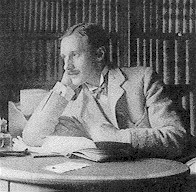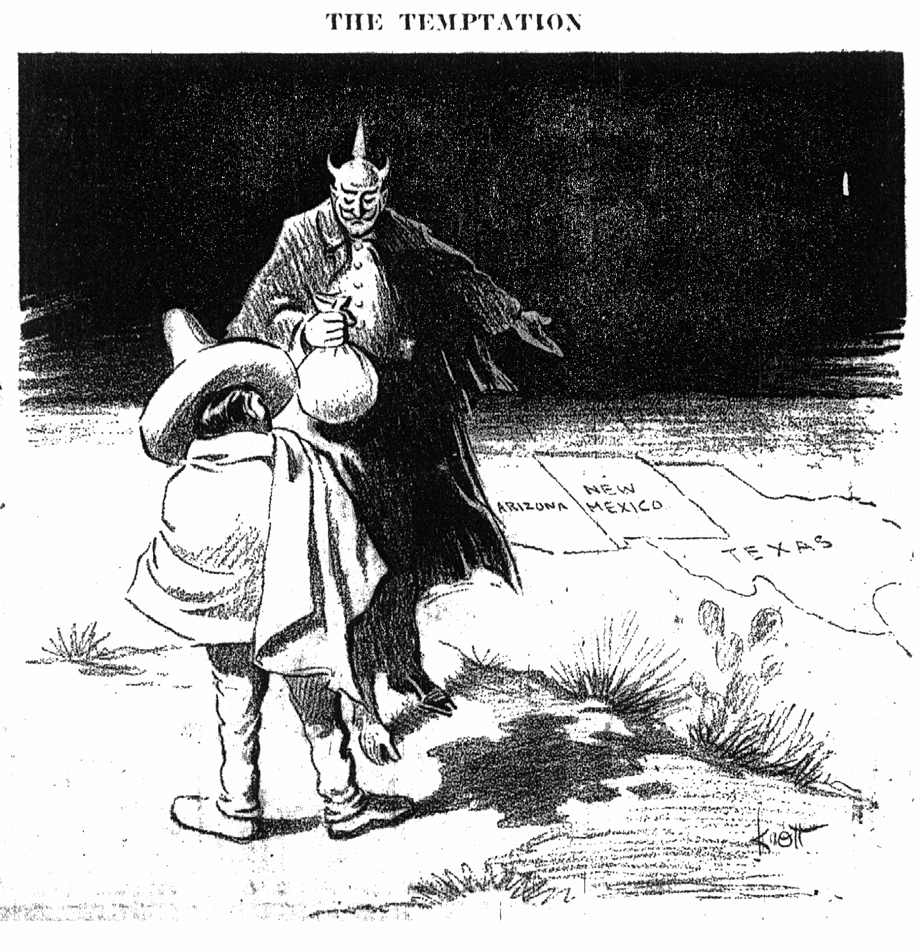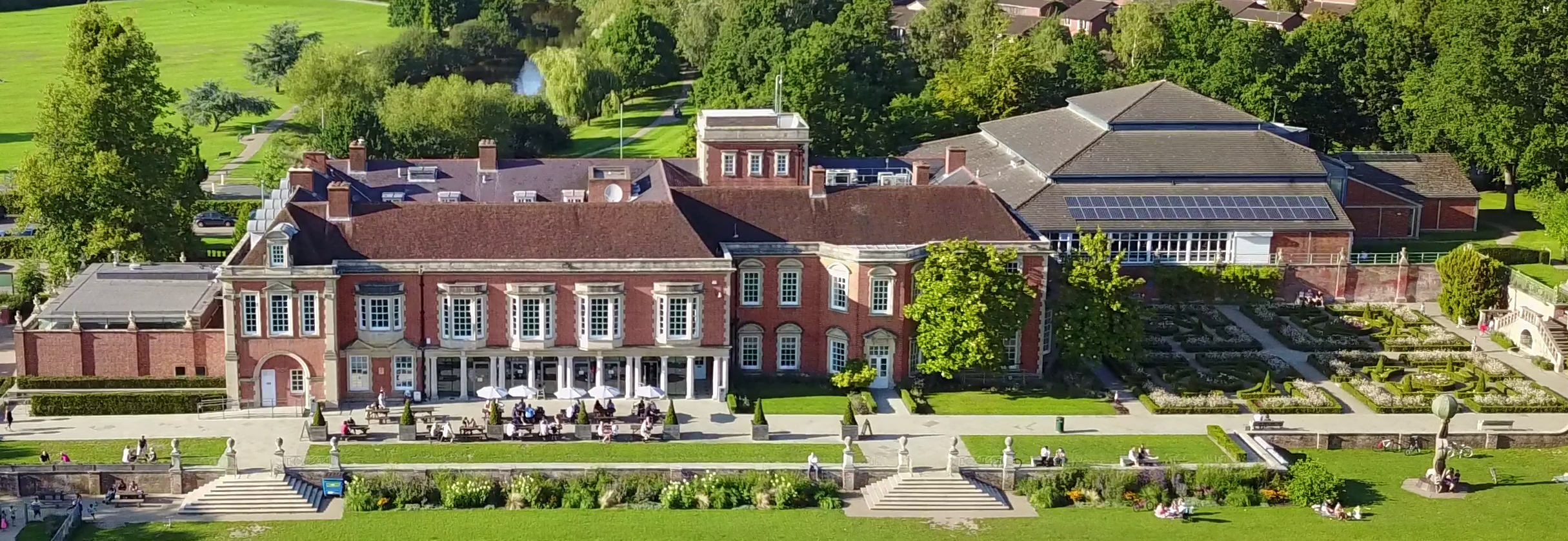|
Sir Cecil Spring-Rice
Sir Cecil Arthur Spring Rice, (27 February 1859 – 14 February 1918) was a British diplomat who served as British Ambassador to the United States from 1912 to 1918, as which he was responsible for the organisation of British efforts to end American neutrality during the First World War. He was also a close friend of US President Theodore Roosevelt, and served as best man at his second wedding.Roosevelt's Contemporaries: Cecil Spring Rice , Theodore Roosevelt Center (7 April 2014). Retrieved 28 July 2016. He is best known as the writer of the lyrics of the patriotic hymn, " |
The Right Honourable
''The Right Honourable'' ( abbreviation: ''Rt Hon.'' or variations) is an honorific style traditionally applied to certain persons and collective bodies in the United Kingdom, the former British Empire and the Commonwealth of Nations. The term is predominantly used today as a style associated with the holding of certain senior public offices in the United Kingdom, Canada, New Zealand, and to a lesser extent, Australia. ''Right'' in this context is an adverb meaning 'very' or 'fully'. Grammatically, ''The Right Honourable'' is an adjectival phrase which gives information about a person. As such, it is not considered correct to apply it in direct address, nor to use it on its own as a title in place of a name; but rather it is used in the third person along with a name or noun to be modified. ''Right'' may be abbreviated to ''Rt'', and ''Honourable'' to ''Hon.'', or both. ''The'' is sometimes dropped in written abbreviated form, but is always pronounced. Countries with common or ... [...More Info...] [...Related Items...] OR: [Wikipedia] [Google] [Baidu] |
United States In World War I
The United States declared war on the German Empire on April 6, 1917, nearly three years after World War I started. A ceasefire and Armistice was declared on November 11, 1918. Before entering the war, the U.S. had remained neutral, though it had been an important supplier to the United Kingdom, France, and the other powers of the Allies of World War I. The U.S. made its major contributions in terms of supplies, raw material, and money, starting in 1917. American soldiers under General of the Armies John Pershing, Commander-in-Chief of the American Expeditionary Force (AEF), arrived at the rate of 10,000 men a day on the Western Front in the summer of 1918. During the war, the U.S. mobilized over 4 million military personnel and suffered the loss of 65,000 soldiers. The war saw a dramatic expansion of the United States government in an effort to harness the war effort and a significant increase in the size of the U.S. Armed Forces. After a relatively slow start in mobilizin ... [...More Info...] [...Related Items...] OR: [Wikipedia] [Google] [Baidu] |
George Hibbert
George Hibbert (13 January 1757 – 8 October 1837) was an English merchant, politician, slave-owner, ship-owner, amateur botanist and book collector. With Robert Milligan, he was also one of the principals of the West India Dock Company which instigated the construction of the West India Docks on London's Isle of Dogs in 1800. He also helped found the Royal National Lifeboat Institution in 1824. Family background Hibbert came from a family made rich from cultivating multiple sugar plantations in the West Indies. The Hibbert estates run by his uncle Thomas Hibbert were in Agualta Vale, Jamaica, including Hibbert House (currently the headquarters of the Jamaica National Heritage Trust); another uncle, John, had also settled in Jamaica. George Hibbert was born in Stockfield Hall, Manchester, the son of Robert Hibbert and Abigail Hibbert (née Scholey). Around 1780 he went to London to join the West India trading house of Hibbert, Purrier and Horton (later Hibberts, Fuhr and ... [...More Info...] [...Related Items...] OR: [Wikipedia] [Google] [Baidu] |
John Marshall (industrialist)
John Marshall (27 July 1765 – 6 June 1845) was a British businessman and politician from Leeds, West Yorkshire, England. Life Marshall was born at 1, Briggate, Leeds, the son of Jeremiah (1731–1787), a linen draper, and his wife Mary (1728–1799), whose father was John Cowper of Yeadon. He was their only child who survived infancy. (online available to subscribers; also in print) Marshall joined the family business when he was seventeen. Five years later his father died and Marshall became the controlling partner in the company. He inherited a new house, a warehouse, and £7,500. Shortly before his father's death, Marshall heard that two men from Darlington, John Kendrew, a glass-grinder, and Thomas Porthouse, a watchmaker, had registered a patent for a new flax spinning machine. Marshall visited the men and purchased the right to make copies of their invention. He spent much of the next decade trying to improve the performance of the machines but found little success u ... [...More Info...] [...Related Items...] OR: [Wikipedia] [Google] [Baidu] |
Edmund Pery, 1st Earl Of Limerick
Edmund Henry Pery, 1st Earl of Limerick PC (8 January 1758 – 7 December 1844), styled Lord Glentworth between 1794 and 1800, and Viscount Limerick until 1803, was an Irish peer and politician. Pery was the son of William Cecil Pery, 1st Baron Glentworth and his first wife, Jane Walcott, daughter of John Minchin Walcott, and educated at Trinity College Dublin. He married Mary Alice, the daughter of Henry Ormsby of County Mayo, by his wife Mary Hartstonge, in 1783, and they had at least eight children. Mary Alice was the heiress of her uncle, Sir Henry Hartstonge, 3rd Baronet, who left her substantial property in the south of Ireland. She died in 1850. Pery was elected to the Irish Parliament as the Member of Parliament for Limerick in 1786 and held the seat until 1794, when he inherited his father's barony and took his seat in the Irish House of Lords. As a politician, he was a vocal Unionist. He held the office of Keeper of the Signet and Privy Seal of Ireland between 17 ... [...More Info...] [...Related Items...] OR: [Wikipedia] [Google] [Baidu] |
Frederick Spring
Brigadier-General Frederick Gordon Spring, (25 July 1878 – 24 September 1963) was a senior British Army officer. Early life Spring was born in 1878 in Bombay, India, the son of Colonel Frederick William Spring, a Royal Artillery officer. He was educated at Blundell's School and the Royal Military College, Sandhurst.The VC and DSO, Volume III http://lib.militaryarchive.co.uk/library/Biographical/library/The-VC-and-DSO-Volume-III/files/assets/basic-html/page350.html Military career Spring was commissioned into the Royal Lincolnshire Regiment as a second lieutenant on 7 May 1898, and promoted to lieutenant on 3 January 1900. He served with the regiment in South Africa during the Second Boer War, from June 1900 he took part in operations in Transvaal. He was again seconded for service in South Africa in April 1902, when he commanded a mounted infantry contingent. The war ended two months later, and Spring left Cape Town in the SS ''Dunera'' in late September 1902, arriving at ... [...More Info...] [...Related Items...] OR: [Wikipedia] [Google] [Baidu] |
William Marshall (1796–1872)
William Marshall (1796 – 16 May 1872) was a British politician. He served as the Member of Parliament for Petersfield (1826–1830), for Leominster (1830–31), for Beverley (1831–1832), for Carlisle (1835–1847), and for East Cumberland (1847–1868). He was the eldest son of the wealthy industrialist John Marshall who introduced major innovations in flax spinning and built the celebrated Marshall's Mill and Temple Works in Leeds, West Yorkshire. Their family name may have inspired the character of Richard Marshall in the 1968 film Witchfinder General, which is set in that area during the English Civil War. His younger brothers John and James Garth were both MPs for Leeds Leeds () is a city and the administrative centre of the City of Leeds district in West Yorkshire, England. It is built around the River Aire and is in the eastern foothills of the Pennines. It is also the third-largest settlement (by populati .... The fourth brother, Henry Cowper, was Mayor of L ... [...More Info...] [...Related Items...] OR: [Wikipedia] [Google] [Baidu] |
Thomas Spring Rice, 1st Baron Monteagle Of Brandon
Thomas Spring Rice, 1st Baron Monteagle of Brandon, (8 February 17907 February 1866) was a British Whig politician, who served as Chancellor of the Exchequer from 1835 to 1839. Background Spring Rice was born into a notable Anglo-Irish family, which owned large estates in Munster. He was one of the three children of Stephen Edward Rice (died 1831), of Mount Trenchard House, and Catherine Spring, daughter and heiress of Thomas Spring of Ballycrispin and Castlemaine, County Kerry, a descendant of the Suffolk Spring family. He was a great grandson of Sir Stephen Rice (1637–1715), Chief Baron of the Irish Exchequer and a leading Jacobite Sir Maurice FitzGerald, 14th Knight of Kerry. His only married sister, Mary, was the mother of the Catholic converts Aubrey Thomas de Vere, poet, and the Liberal Member of Parliament, Sir Stephen de Vere, 4th Baronet. Spring Rice's grandfather, Edward, had converted the family from Roman Catholicism to the Anglican Church of Ireland, to sav ... [...More Info...] [...Related Items...] OR: [Wikipedia] [Google] [Baidu] |
Whig Party (UK)
The Whigs were a political faction and then a political party in the Parliaments of England, Scotland, Ireland, Great Britain and the United Kingdom. Between the 1680s and the 1850s, the Whigs contested power with their rivals, the Tories. The Whigs merged into the new Liberal Party with the Peelites and Radicals in the 1850s, and other Whigs left the Liberal Party in 1886 to form the Liberal Unionist Party, which merged into the Liberals' rival, the modern day Conservative Party, in 1912. The Whigs began as a political faction that opposed absolute monarchy and Catholic Emancipation, supporting constitutional monarchism with a parliamentary system. They played a central role in the Glorious Revolution of 1688 and were the standing enemies of the Roman Catholic Stuart kings and pretenders. The period known as the Whig Supremacy (1714–1760) was enabled by the Hanoverian succession of George I in 1714 and the failure of the Jacobite rising of 1715 by Tory rebels. The Whigs ... [...More Info...] [...Related Items...] OR: [Wikipedia] [Google] [Baidu] |
The Honourable
''The Honourable'' (British English) or ''The Honorable'' (American English; see spelling differences) (abbreviation: ''Hon.'', ''Hon'ble'', or variations) is an honorific style that is used as a prefix before the names or titles of certain people, usually with official governmental or diplomatic positions. Use by governments International diplomacy In international diplomatic relations, representatives of foreign states are often styled as ''The Honourable''. Deputy chiefs of mission, , consuls-general and consuls are always given the style. All heads of consular posts, whether they are honorary or career postholders, are accorded the style according to the State Department of the United States. However, the style ''Excellency'' instead of ''The Honourable'' is used for ambassadors and high commissioners. Africa The Congo In the Democratic Republic of the Congo, the prefix 'Honourable' or 'Hon.' is used for members of both chambers of the Parliament of the Democratic Repu ... [...More Info...] [...Related Items...] OR: [Wikipedia] [Google] [Baidu] |
Anglo-Irish
Anglo-Irish people () denotes an ethnic, social and religious grouping who are mostly the descendants and successors of the English Protestant Ascendancy in Ireland. They mostly belong to the Anglican Church of Ireland, which was the established church of Ireland until 1871, or to a lesser extent one of the English dissenting churches, such as the Methodist church, though some were Roman Catholics. They often defined themselves as simply "British", and less frequently "Anglo-Irish", "Irish" or "English". Many became eminent as administrators in the British Empire and as senior army and naval officers since Kingdom of England and Great Britain were in a real union with the Kingdom of Ireland until 1800, before politically uniting into the United Kingdom of Great Britain and Ireland) for over a century. The term is not usually applied to Presbyterians in the province of Ulster, whose ancestry is mostly Lowland Scottish, rather than English or Irish, and who are sometimes id ... [...More Info...] [...Related Items...] OR: [Wikipedia] [Google] [Baidu] |
I Vow To Thee, My Country
"I Vow to Thee, My Country" is a British patriotic hymn, created in 1921, when music by Gustav Holst had a poem by Sir Cecil Spring Rice set to it. The music originated as a wordless melody, which Holst later named "Thaxted", taken from the "Jupiter" movement of Holst's 1917 suite ''The Planets''. History The origin of the hymn's text is a poem by diplomat Sir Cecil Spring Rice, written in 1908 or 1912, entitled "' ("The City of God") or "The Two Fatherlands". The poem described how a Christian owes his loyalties to both his homeland and the heavenly kingdom. In 1908, Spring Rice was posted to the British Embassy in Stockholm. In 1912, he was appointed as Ambassador to the United States of America, where he influenced the administration of Woodrow Wilson to abandon neutrality and join Britain in the war against Germany. After the United States entered the war, he was recalled to Britain. Shortly before his departure from the US in January 1918, he re-wrote and renamed " ... [...More Info...] [...Related Items...] OR: [Wikipedia] [Google] [Baidu] |

_(cropped).jpg)


%2C_Spring_Rice_Memorial_(1).jpg)


